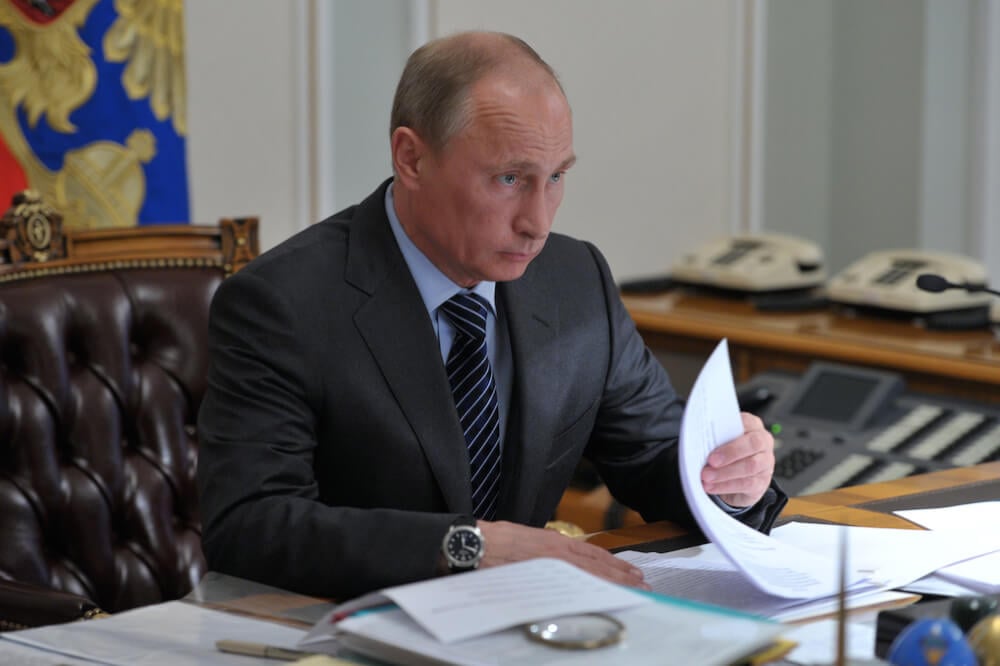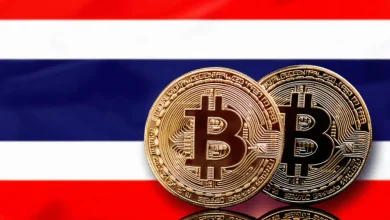Russia Claims US Uses Crypto and Gold to Offset $37T Debt


Russia Accuses Washington of Market Manipulation
An adviser to Russian President Vladimir Putin claimed Monday that the United States is strategically deploying crypto and gold markets to devalue its ballooning national debt, now at $37.43 trillion. Speaking at the Eastern Economic Forum in Vladivostok, Anton Kobyakov said the US is “rewriting the rules” of both sectors to restore confidence in its financial system.
“Remember the size of their debt — $35 trillion. These two sectors are essentially alternatives to the traditional global currency system,” Kobyakov said, according to RussiaDirect. He compared the current strategy to US actions in the 1930s and 1970s, when the expense.
Kobyakov argued that Washington’s goal is to move obligations into dollar-backed stablecoins, devaluing them in the process and effectively giving the US a reset. He did not detail how such a mechanism would function in practice.
Investor Takeaway
US Debt and Stablecoin Policy
America’s debt has surged more than tenfold since 1981, Treasury data shows, rising from under $4 trillion to $37.43 trillion today. The pressure has fueled debate on whether in debt management.
One controversial proposal, Senator Cynthia Lummis’ BTC Act, calls for the US government to acquire 1 million BTC over five years and hold them for two decades, with the option to use them to retire federal debt. While unlikely to advance in its current form, the bill illustrates how digital assets are increasingly being tied to fiscal debates.
More concretely, the GENIUS Act, signed into law in July by President Donald Trump, created a framework for issuing US-regulated stablecoins. Treasury Secretary Scott Bessent said earlier this year that stablecoins will ensure “the US dollar remains the world’s dominant currency.” Former House Speaker Paul Ryan argued they also boost demand for US Treasuries by embedding dollar debt in global financial rails.
Russia’s Countermove With A7A5 Stablecoin
Russia is preparing its own state-backed stablecoin as a hedge against dollar dependence. State media reported in June that a new ruble-linked token, A7A5, will launch on Tron. The initiative comes as Moscow has relied on USDT to settle oil trades with China and India, despite domestically in 2022.
While crypto use remains tightly controlled, Russia has begun allowing financial institutions to offer crypto-based products to accredited investors, signaling a pragmatic shift. The new stablecoin is positioned as a way to bypass dollar rails in trade and reduce exposure to Western sanctions.
Investor Takeaway
Geopolitical Stakes for Crypto Markets
The US push for stablecoin dominance and Russia’s parallel experiments highlight the growing role of digital assets in geopolitics. For markets, this could translate into heightened volatility as nations link fiscal stability and sanctions .
For investors, the key question is whether stablecoins will simply extend dollar dominance or become a multipolar instrument reshaping international finance. Either way, the sector is moving beyond retail use and into statecraft, with direct implications for global capital flows.







